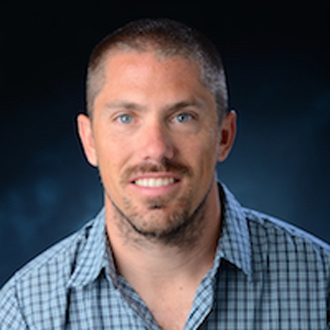Directory Profile

Kristopher Karnauskas PhD
- Department of Environmental & Occupational Health
Kris Karnauskas is a fellow of the Cooperative Institute for Research in Environmental Sciences (CIRES) and an associate professor in the Department of Atmospheric and Oceanic Sciences (ATOC) at the University of Colorado Boulder, with secondary faculty appointments in the CU School of Medicine and the Colorado School of Public Health. Prior to joining the CU Boulder faculty, Kris spent six years on the faculty of the Woods Hole Oceanographic Institution (WHOI) and the MIT-WHOI Joint Program in Oceanography (also teaching at Boston College) followed by sabbatical at the Institut Pierre Simon Laplace (IPSL) in Paris, France through a research fellowship from the Alfred P. Sloan Foundation.
Kris completed his BS at the University of Wisconsin-Madison and PhD at the University of Maryland-College Park, both in Atmospheric and Oceanic Sciences, followed by a postdoctoral fellowship in Ocean and Climate Physics at the Lamont-Doherty Earth Observatory of Columbia University. Kris currently serves as editor of the Journal of Geophysical Research-Oceans and recently served on the Scientific Steering Committee (SSC) of the U.S. Climate Variability and Predictability Program (US CLIVAR). Kris was the recipient of the 2017 Ocean Sciences Early Career Award from the American Geophysical Union (AGU) "for important contributions to better understanding the tropical oceans and atmosphere."
Areas of Expertise
- Climate change
- Oceanography
- Climate and health
Education, Licensure & Certifications
- Postdoctoral, Ocean & Climate Physics, Lamont–Doherty Earth Observatory of Columbia University (2008–2009)
- PhD, 2007, Atmospheric & Oceanic Science, University of Maryland–College Park
- BS, 2004, Atmospheric & Oceanic Sciences, University of Wisconsin–Madison (Honors)
Resumes/CV:
Awards
- Chancellor’s Research Innovation Award, CU Boulder, 2020
- Ocean Sciences Early Career Award, American Geophysical Union, 2017
- Sloan Research Fellowship, Alfred P. Sloan Foundation, 2014


